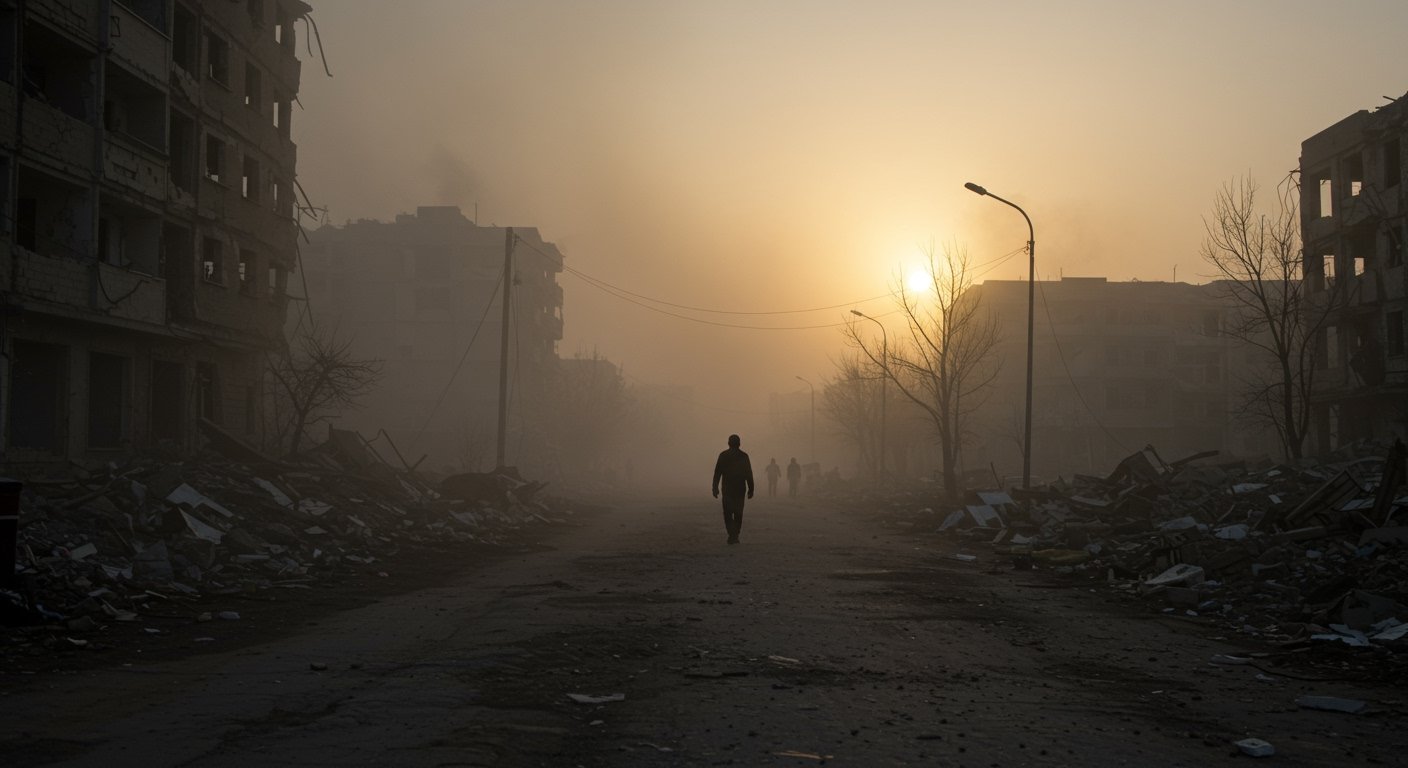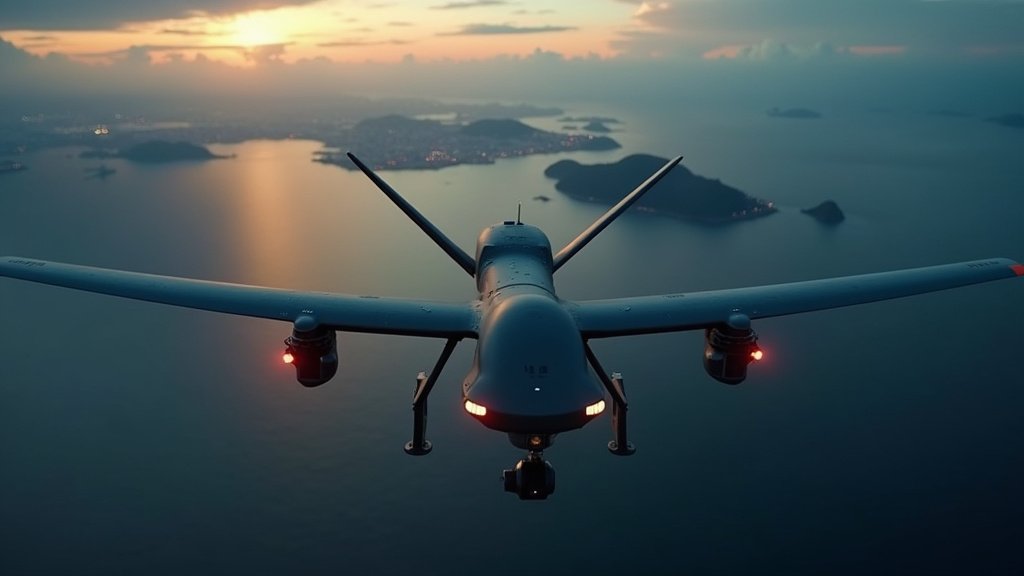RIYADH, Saudi Arabia – High-level, in-person discussions between United States and Russian officials commenced in Riyadh on Tuesday, February 18, 2025, marking the first such engagement in years. As diplomats gathered, the head of Russia’s sovereign wealth fund offered a notable assessment of former and potentially future US President Donald Trump, describing him as a “problem solver.”
Kirill Dmitriev, chief executive officer of the Russian Direct Investment Fund (RDIF) and a former Goldman Sachs banker, made the remarks to reporters in the Saudi capital ahead of the official talks. His comments set a distinctive tone as the two global powers began a critical dialogue aimed at addressing deeply strained bilateral relations.
Diplomatic Engagement Under Scrutiny
The meetings in Riyadh represent a significant development in US-Russia relations, which have deteriorated sharply in recent years, particularly following the conflict in Ukraine. The delegation from Moscow is led by Russia’s Foreign Minister Sergei Lavrov, who is scheduled to engage with top US officials, including Secretary of State Marco Rubio.
The stated primary objectives of these discussions are ambitious: finding a path towards ending the protracted war in Ukraine and initiating the process of restoring bilateral ties that have been fractured by geopolitical tensions, sanctions, and mutual distrust. These high-level talks are also intended as a crucial precursor to a potential future meeting between the US and Russian presidents, signaling a cautious step towards potential de-escalation or at least increased communication at the highest levels.
Kremlin Fund Chief’s Assessment Draws Attention
Kirill Dmitriev’s characterization of Donald Trump as a “problem solver” is particularly noteworthy given its timing – coinciding with the commencement of these sensitive diplomatic negotiations – and his prominent position within Russia’s economic architecture. As the head of the sovereign wealth fund, Dmitriev plays a key role in attracting foreign investment and managing Russia’s financial assets abroad, a domain heavily impacted by international sanctions.
Dmitriev’s background as a former investment banker at Goldman Sachs adds another layer to his perspective, suggesting a potential emphasis on pragmatic, outcome-oriented approaches to complex international issues. His decision to offer such a positive framing of President Trump, who is currently campaigning for a potential return to the US presidency, is likely to be scrutinized by observers attempting to discern Russia’s diplomatic signals and preferences.
Economic Dimensions Highlighted
In his remarks, Dmitriev also touched upon the significant economic consequences of the current geopolitical climate. He asserted that US businesses had collectively lost approximately $300 billion as a result of their decisions to leave the Russian market amidst sanctions and political pressure following the events in Ukraine.
This specific figure, while difficult to independently verify immediately, underscores the substantial economic decoupling that has occurred. Dmitriev framed this economic cost as a consequence that necessitates a different approach, suggesting that the “path forward is through finding solutions.” This sentiment appears to link potential diplomatic progress and the resolution of political disputes to the possibility of reversing or mitigating these economic losses, appealing perhaps to business interests that might advocate for improved relations.
Background of Strained Relations
The context of these Riyadh talks is one of deeply entrenched antagonism. Years of escalating tensions have seen diplomatic channels shrink, and high-level, in-person contact become exceedingly rare. The absence of such direct engagement has contributed to misunderstandings and a lack of mechanisms for de-escalation during crises.
The decision to hold these talks in Saudi Arabia, a nation with complex relationships with both the US and Russia, adds another strategic dimension, potentially offering a neutral ground away from the usual diplomatic centers.
Analysis and Outlook
Dmitriev’s comment about President Trump, while perhaps intended as a general observation or a nod to past interactions during Trump’s previous presidency, can also be interpreted through a diplomatic lens. It might signal a Russian view that a future US administration under Trump could potentially be more amenable to negotiated solutions or different frameworks for engagement compared to the current one.
However, the immediate focus of the talks remains on the challenging issues at hand, most notably the ongoing conflict in Ukraine. Successfully navigating the complexities of achieving a ceasefire or a political settlement, alongside addressing the myriad issues required to restore even a semblance of normal bilateral ties, represents a formidable task for Ministers Lavrov and Secretary Rubio.
The commencement of these talks in Riyadh, accompanied by the noteworthy comment from a senior Russian economic official, highlights the intricate blend of political, economic, and personal dynamics at play as Washington and Moscow cautiously attempt to reopen lines of communication after years of diplomatic deep freeze.








